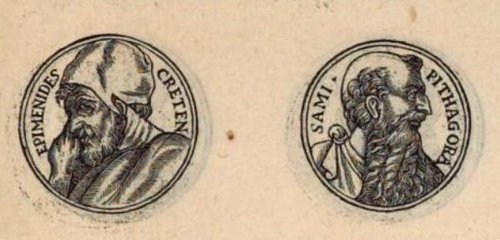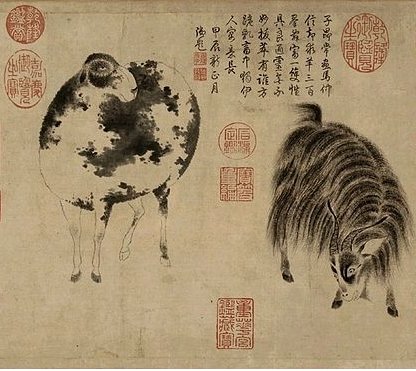Bb9.4 Outside the cavern into which the severly injured Kuukuu had been carried by his 6 comrades they erected stone heaps (te Pipi horeko). Kuukuu. To call one's young (of hens). Kókokóko, to crow, to cackle (of rooster or hen). Vanaga. Pipi. 1. Bud, sprout; to bud, to sprout; ku-pipi-á te tumu miro tahiti, the trunk of the miro tahiti has sprouted. 2. A small shellfish, common on the coast. Vanaga. 1. To blanch, to etiolate. 2. A spark, to sparkle. 3. Young branches, shoot, sprout, to bud. Mq.: pipi, tip of the banana blossom. 4. Snail, T, pea, bean. P Mgv.: pipi, small shellfish in the shape of a mussel. Mq.: pipi, generic term for shells. Ta.: pipi, generic term for beans. 5. To boil with hot stones. 6. A wave. 7. Thorn, spiny, uneven. 8. Small; haha pipi, small mouth. 9. Rump, the rear. Pipine, to be wavy, to undulate. Churchill. Horeko, solitary, lonely; kona horeko, solitary place, loneliness. Vanaga. To hew, to cut off, to amputate, to castrate, to cut with a knife, to decapitate, to abridge, to incise, to set landmarks; a notch, incision, tenon; hore poto, to cut short off; hore te gao, to chop the head off. Churchill.
... The players all played at once, without waiting for turns, quarreling all the while, and fighting for the hedge-hogs; and in a very short time the Queen was in a furious passion, and went stamping about, and shouting 'Off with his head!' or 'Off with her head!' about once in a minute. Alice began to feel very uneasy: to be sure, she had not as yet had any dispute with the Queen, but she knew that it might happen any minute, 'and then', thought she, 'what would become of me?' They're dreadfully fond of beheading people here: the great wonder is, that there's any one left alive! ...
And this was 'well' done:
... Then they all said to the stone heaps, 'Whenever he calls, whenever he calls for us, let your voices rush (to him) instead of the six (of us) (i.e., the six stone heaps are supposed to be substitutes for the youths). They all drew back to profit (from the deception) (? ki honui) and listened. A short while later, Kuukuu called. As soon as he had asked, 'Where are you?' the voices of the stone heaps replied, 'Here we are!' All (the youths) said, 'Hey, you! That was well done!' ... [E:30] They stayed there for 27 days outside the cave. This idea evidently corresponded to for instance how Pythagoras spent 27 'hallowed'
... As has already been mentioned, the Delphians worshipped Dionysus once a year as the new-born child, Liknites, 'the Child in the Harvest Basket', which was a shovel-shaped basket of rush and osier used as a harvest basket, a cradle, a manger, and a winnowing-fan for tossing the grain up into the air against the wind, to separate it from the chaff. The worship of the Divine Child was established in Minoan Crete, its most famous early home in Europe. In 1903, on the site of the temple of Dictaean Zeues - the Zeus who was yearly born in Rhea's cave at Dicte near Cnossos, where Pythagoras spent 'thrice nine hallowed days' of his initiation - was found a Greek hymn which seems to preserve the original Minoan formula in which the gypsum-powdered, sword-dancing Curetes, or tutors, saluted the Child at his birthday feast. In it he is hailed as 'the Cronian one' who comes yearly to Dicte mounted on a sow and escorted by a spirit-throng, and begged for peace and plenty as a reward for their joyful leaps ... days inside a cave.
... The original story was by Diogenes Laertius, an Epicurean philosopher circa early half third century, in his book On the Lives, Opinions, and Sayings of Famous Philosophers. The story is in Chapter ten in his section on the Seven Sages, who were the precursors to the first philosophers. The sage was Epimenides. Apparently Epimenides went to sleep in a cave for fifty-seven years. But unfortunately, 'he became old in as many days as he had slept years'. Although according to the different sources that Diogenes relates, Epimenides lived to be one hundred and fifty-seven years, two hundred and ninety-nine years, or one hundred and fifty-four years. A similar story is told of the Seven Sleepers of Ephesus, Christian saints who fall asleep in a cave while avoiding Roman persecution, and awake more than a century later to find that Christianity has become the religion of the Empire ... Logic forces us to here count 27 glyphs a-head beyond the assumed last night of Menkaure. ... λ and the two stars phi furnish an easy refutation of the popular error as to the apparent magnitude of the moon's disc, Colas writing of this in the Celestial Handbook of 1892: In looking at this triangle nobody would think that the moon could be inserted in it; but as the distance from λ to φš is 27', and the distance from φš to φ˛ is 33', it is a positive fact; the moon's mean apparent diameter being 31' 7''. This illusion, prevalent in all ages, has attracted the attention of many great men; Ptolemy, Roger Bacon, Kepler, and others having treated of it. The lunar disc, seen by the naked eye of an uninstructed observer, appears, as it is frequently expressed 'about the size of a dinner-plate', but should be seen as only equal to a peppercorn ... *96 + *27 = *123:
|

.jpg)
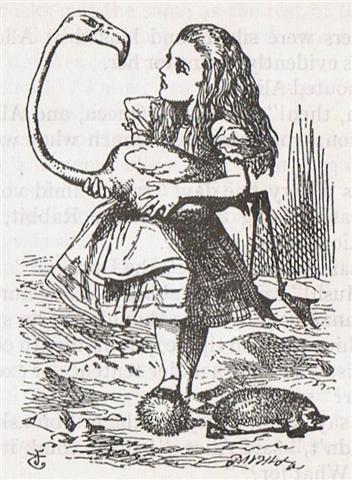
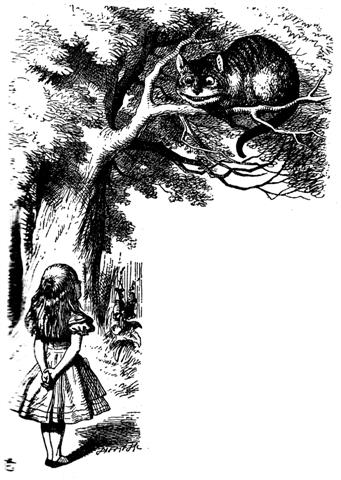
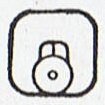
.jpg)
